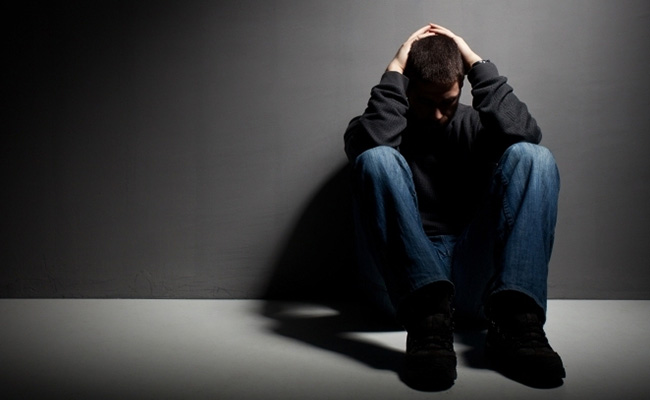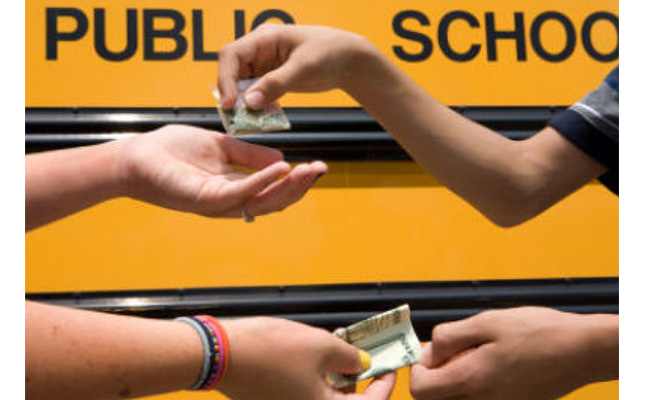Looking back on my early days and weeks in sobriety, I often think of things I had known at the time. Early sobriety is an extremely confusing time. There are just a few facts which would have helped me sort through some of that confusion. We come into treatment dizzied and beaten, knowing just a few things would definitely help get through the first days.
Upon finding myself in drug and alcohol rehab I was completely shocked to find that so many people I had counted as friends had disappeared as soon as I went into treatment. I thought surely some, if not all, of the people I had called friends would be there for me now that I had decided to get well. That was not to be the case. There were actually quite a few people for whom I had simply disappeared from the earth. I was shocked and hurt. I felt abandoned. The reality that I came to know was that not everyone in your drinking and drugging life is worth keeping around. This plunge into treatment had turned into a process of separating the wheat form the chafe and I am now grateful for it. Those people who saw me as nothing more than a party buddy are gone. The people I do have left in my life are precious to me.
One of the attitudes I took with me into the earliest days of sobriety was the firm belief that things can and will get worse. I think this is common for people who find themselves in need of drug and alcohol treatment. This attitude is really a hold-over from using. Drug and alcohol fuels the downward slide into the negative, and we become so accustomed to this that we mistake it for a reality. What I found is that life always gets better in recovery—always! I may hit stumbling blocks, and life still throws me difficulties. But life as a sober person is always a steady rise toward the positive. The days begin to seem normal, boring even, but over periods of weeks we all see noticeable and marked improvement in the quality of our lives.
This last piece of information leads to another fact that I was blind to in early sobriety. You will never regret being sober. It seems obvious now. But in early recovery I thought I would surely miss out on great times that centered on drinking. I would necessarily regret missing those times while I got with the business of being sober. This is just not true. What is true is that a life of being addled by alcohol always gave me regret. There has never been the slightest moment of life that I regret spending sober. The blunt truth is that could have done many things intoxicated that I did sober. But there was nothing about being sober that in any way diminished dong those things. This comes down to a simple wager. I will not lose anything by betting on being sober.
CLICK HERE to get a Free Confidential Drug and Alcohol Rehabilitation Assessment.














